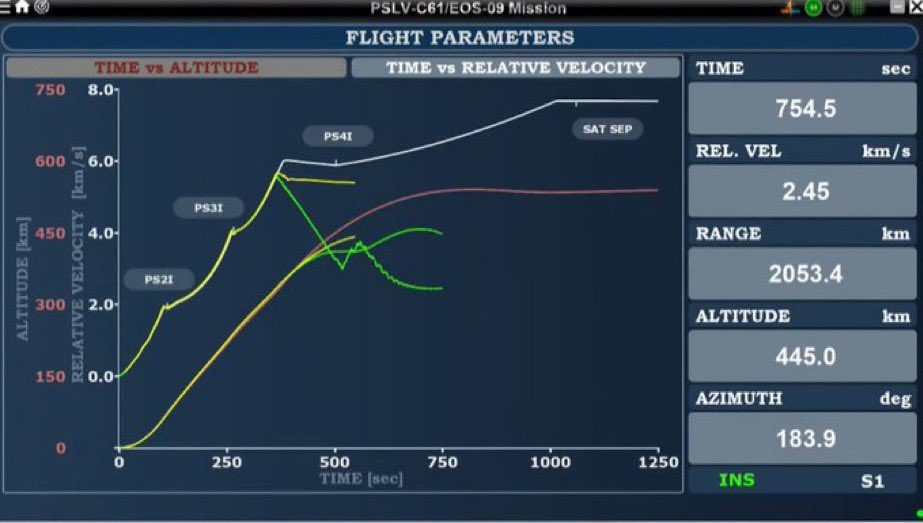Having previously been the University and Science minister in the Conservative-Liberal Democrat coalition, Greg Clark MP has now been appointed the Secretary of State for Business, Energy and Industrial Strategy (BEIS) in Theresa May’s new Conservative government. While “Energy” has had its ministry dissolved as it becomes part of the new BEIS, at the same time Climate Change has been dropped from the ministerial title and its department has been closed down.
Some are concerned that this is a signal from the new May-led Conservative government that efforts to reduce global warming may be reduced. Others are likely to be happier over the ministry’s name change. The British Interplanetary Society (BIS) were annoyed when the previous Department of Business, Innovation and Skills was set up also calling itself “BIS” when it was created.
On the subject of spaceflight, interplanetary or otherwise, while the responsibility for “Universities” and their teaching programmes has been moved back to the Department to Education, the responsibility for the UK’s space research effort straddles both the BEIS and Education. As such, Jo Johnson, brother of Boris Johnson – the new Foreign Secretary, will be Minister for Universities and Science working with both the Secretaries of State for Education and the BEIS. Johnson, who originally replaced Greg Clark in his science role in David Cameron’s administration, will now thus have the main responsibility for space research via Greg Clark who has effectively counter-leapfrogged above him in seniority.
Space was very much on Greg Clark’s mind during his first public duty in welcoming back UK/ESA astronaut Tim Peake at a Farnborough press conference. Clark could not stay for long at the official press conference. His entirely forgivable excuse was that Her Majesty the Queen, Elizabeth II, was due to swear him in as the new secretary of state a few hours later. “If I am not there with Her Majesty then all this is in vain.” Clark quipped.
The press conference also had the Director General of ESA Jan Woerner in attendance, and the UK Space Agency’s recently appointed new Chief Executive Katherine Courtney who took over from fellow panellist David Parker, now ESA’s head of human spaceflight and robotics. All the panellists were keen to emphasis that Brexit should not effect the UK’s role in ESA which remains independent of the EU.
Nevertheless the EU remains the largest contributor to two of ESA’s major programmes, the Galileo navigation satellite constellation, and the multi-satellite Copernicus programme for Earth observation, so the UK role (including SSTL’s role as a manufacturing subcontractor) in these programmes may yet be affected.
Tim Peake returned from his six month space mission but feels none the worse for his experience and was glad to note that all his exercises had meant that he only lost 2 per cent of his bone mass during his stay. Peake described that the high point of his space trip was just at the start of his spacewalk when his NASA colleague Tim Kopra opened the hatch.
Post Script: Following the UK vote for “Brexit” Jo Johnson began an inquiry after it became apparent that some research groups were dropping British researchers from leadership roles lest they lost EU funding.







